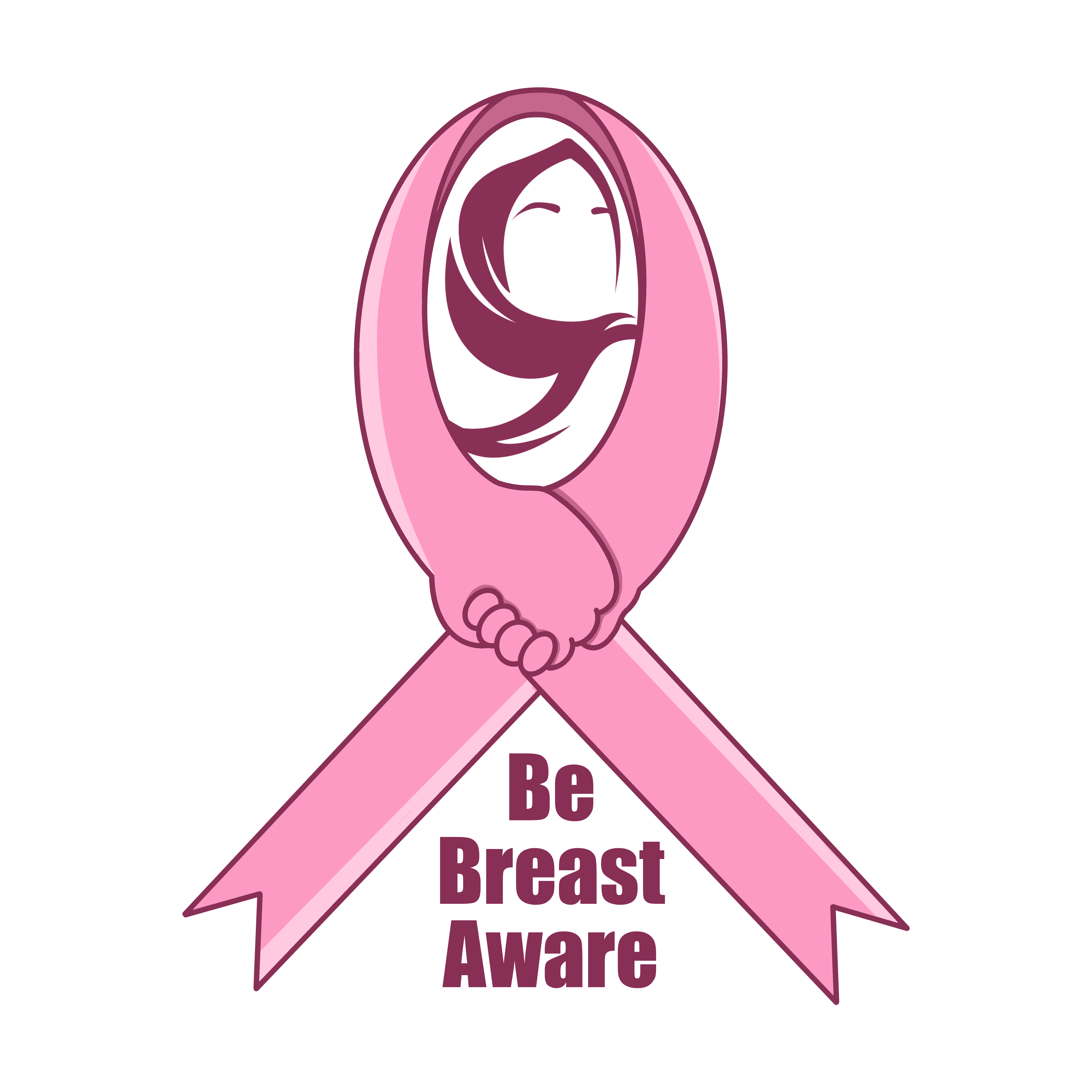Self Awareness and Early Detection can save lives
- Become Aware
- Gain Knowledge
- Take Action
Advanced Training in Breast Health Awareness
and Cancer Risk Reduction
Download Free E-Books

OUR MISSION
Be Breast Aware is an initiative to spread awareness regarding breast cancer and other breast-related issues in Pakistan. We understand that women in Pakistan are facing multiple problems, and we want to give them a beacon of hope.
Breast Cancer in Pakistan
Prevalence of Breast Cancer in Pakistan
Breast cancer is a significant public health issue in Pakistan, with high incidence and mortality rates. So, It is crucial to raise awareness about breast cancer in Pakistan. Encouraging women to adopt healthy lifestyle habits and seek timely medical care is an inevitable need.
Statistics on Incidence and Mortality rates
Breast Cancer in Pakistan has the highest incidence among Asian countries: According to an estimate, more than 90,000 breast cancer cases are reported in Pakistan yearly. Nearly 40,000 women die just due to this deadly cancer.
Risk Factors
Breast cancer is a complex disease that can be caused by a variety of factors, both identified and presumed. Understanding these risk factors can help individuals take proactive steps towards reducing their risk of developing breast cancer. Here are some of the most common identified and presumed risk factors for breast cancer:
Identified risk factors
Gender:
Breast cancer is more common in women than in men.
Age:
Breast cancer risk increases as a person gets older.
Family history:
A family history of breast cancer can increase the risk of developing the disease.
Inherited genetic mutations:
Some inherited genetic mutations, such as BRCA1 and BRCA2, can increase the risk of developing breast cancer.
Personal history:
A personal history of breast cancer or certain benign breast conditions can increase the risk of developing breast cancer.
Radiation exposure:
Previous radiation therapy to the chest area can increase the risk of developing breast cancer.
Hormonal factors:
Exposure to estrogen and progesterone over a lifetime can increase the risk of developing breast cancer.
Alcohol consumption:
Regular alcohol consumption, particularly in excess, can increase the risk of developing breast cancer.
Presumed risk factors
Lifestyle factors:
Certain lifestyle factors, such as smoking, poor diet, and lack of exercise, are believed to increase the risk of developing breast cancer.
Environmental factors:
Exposure to certain environmental toxins and pollutants, such as pesticides and air pollution, may increase the risk of developing breast cancer.
Reproductive history:
Women who have never had children or who had their first child after age 30 may be at increased risk of developing breast cancer.
Breast density:
Women with dense breast tissue may be at increased risk of developing breast cancer.
Menstrual history:
Women who started menstruating at an early age or went through menopause at a later age may be at increased risk of developing breast cancer.
Hormone replacement therapy:
Hormone replacement therapy (HRT) may increase the risk of developing breast cancer, particularly in women who take it for a long time or at a high dose.
Join Us in the Cause
We are always in need of your help
You can volunteer to make an impact.
Challenges by Pakistani Women
Lack of Awareness and Knowledge
Breast cancer awareness and knowledge among Pakistani women are significantly low. There is a lack of understanding of the disease’s signs and symptoms. That’s what often results in late diagnosis and delayed treatment, reducing the chances of survival.
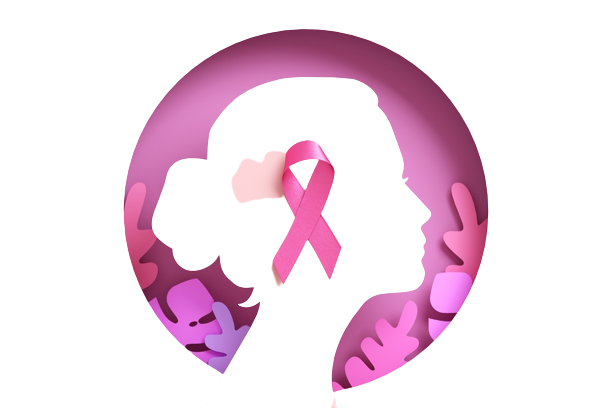
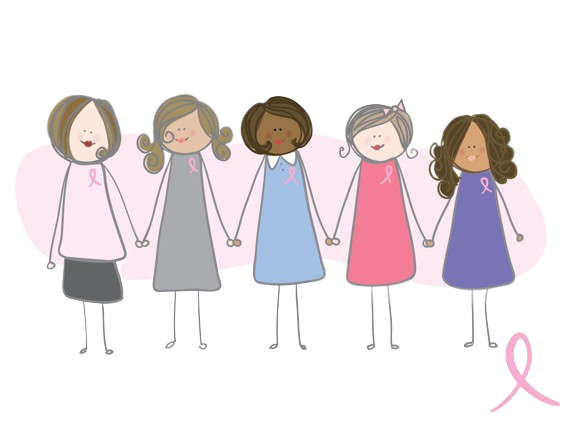
Stigma Surrounding Breast cancer
Breast cancer is still considered a taboo topic in Pakistan, and this stigma prevents women from seeking help and support. Women diagnosed with breast cancer often face discrimination and social exclusion, which affects their mental health and well-being.
Limited Access to Quality Healthcare
Access to quality healthcare services is a significant challenge in Pakistan, particularly rural areas. Many women living in rural areas lack access to proper healthcare facilities, which leads to delayed diagnosis and treatment.
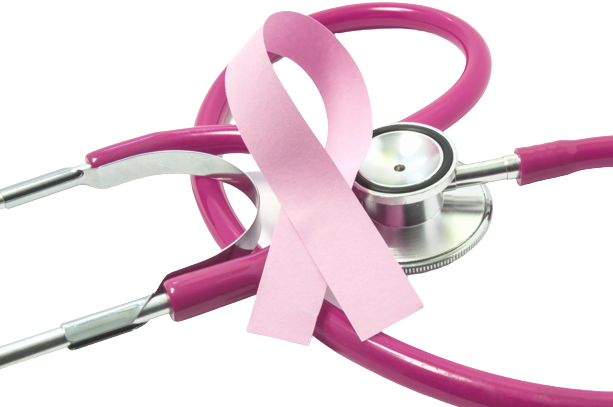
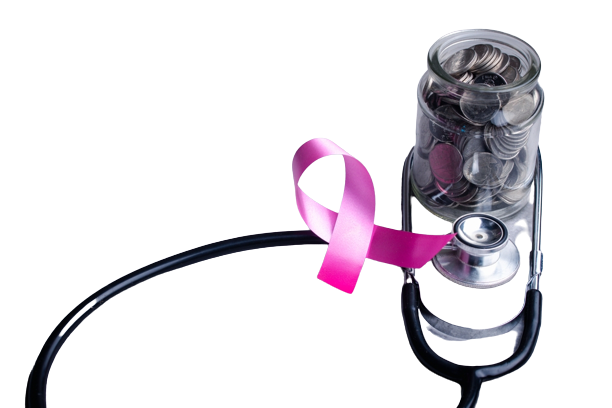
Financial Barriers
Treatment cost is often high, and many women in Pakistan cannot afford the cost of diagnosis, treatment, and medication. This financial burden often leads to delayed treatment or no treatment at all, reducing the chances of survival.
